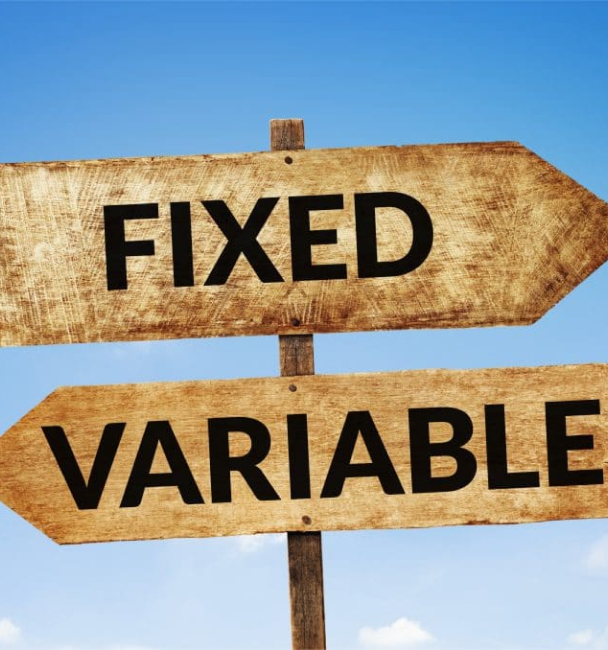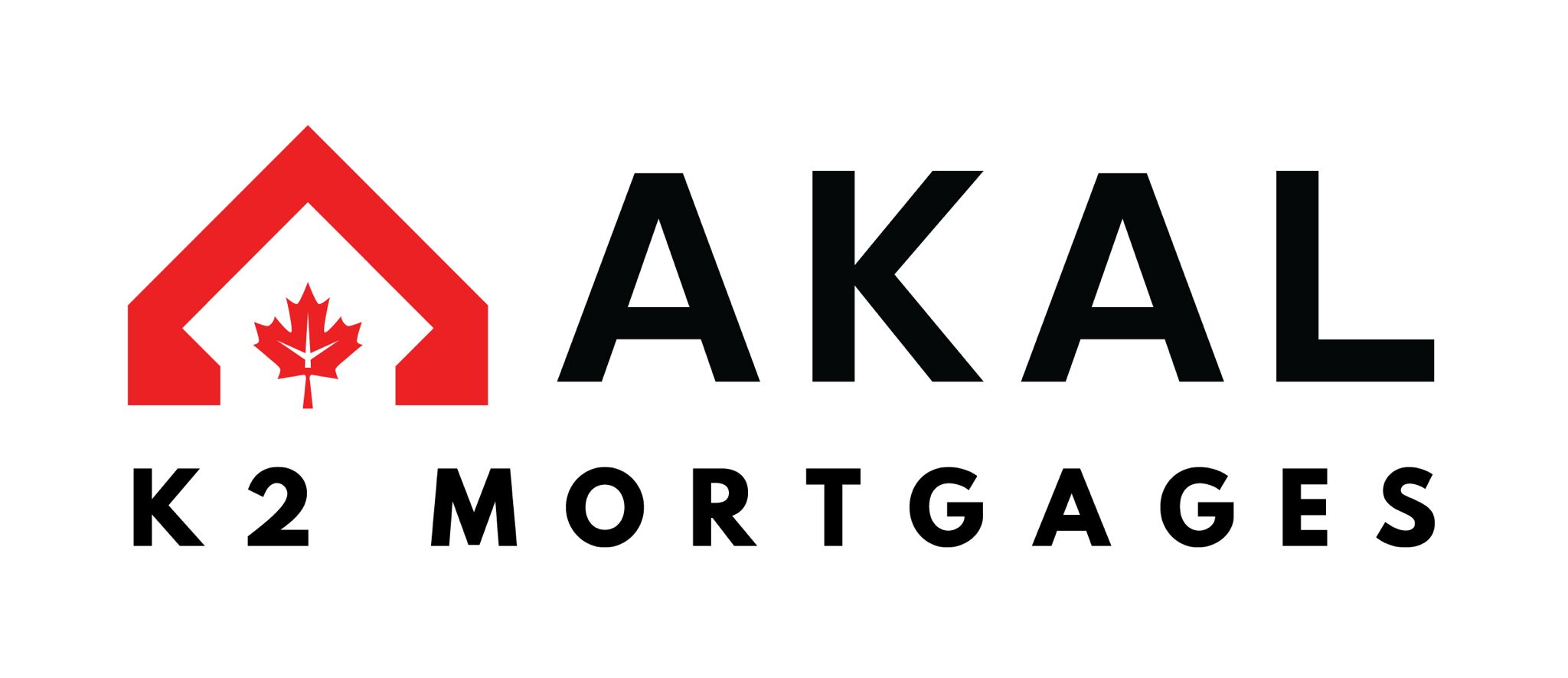Fixed & Variable rate

Fixed & Variable rate
Fixed and variable rate mortgages are two of the most common types of home loans available to borrowers. Understanding the key differences between these two options is crucial in making an informed decision when purchasing a property.
A fixed rate mortgage, as the name suggests, has an interest rate that remains constant throughout the term of the loan. This means that the borrower’s monthly repayments will be the same every month, making it easier to budget and plan finances. Fixed rate mortgages are often preferred by those who value stability and predictability, as they provide protection against potential interest rate increases. Additionally, fixed rate mortgages tend to offer more security, as the borrower is sheltered from market fluctuations that could impact their mortgage repayments.
On the other hand, a variable rate mortgage has an interest rate that can fluctuate over time, often in response to changes in the lender’s cost of funds or market conditions. This means that the borrower’s monthly repayments may increase or decrease, depending on the prevailing interest rate environment. Variable rate mortgages are often preferred by those who are comfortable with taking on some level of risk, as they may offer lower interest rates than fixed rate mortgages, at least initially. However, variable rate mortgages can be more unpredictable, and borrowers may be exposed to higher interest rates if market conditions change.
A fixed rate mortgage, as the name suggests, has an interest rate that remains constant throughout the term of the loan. This means that the borrower’s monthly repayments will be the same every month, making it easier to budget and plan finances. Fixed rate mortgages are often preferred by those who value stability and predictability, as they provide protection against potential interest rate increases. Additionally, fixed rate mortgages tend to offer more security, as the borrower is sheltered from market fluctuations that could impact their mortgage repayments.
On the other hand, a variable rate mortgage has an interest rate that can fluctuate over time, often in response to changes in the lender’s cost of funds or market conditions. This means that the borrower’s monthly repayments may increase or decrease, depending on the prevailing interest rate environment. Variable rate mortgages are often preferred by those who are comfortable with taking on some level of risk, as they may offer lower interest rates than fixed rate mortgages, at least initially. However, variable rate mortgages can be more unpredictable, and borrowers may be exposed to higher interest rates if market conditions change.
When deciding between a fixed and variable rate mortgage, borrowers should consider their individual financial circumstances, loan requirements, and personal preferences. For instance, those with a stable income and a long-term investment horizon may prefer a fixed rate mortgage, as it provides greater certainty and protection against interest rate increases. On the other hand, those with a variable income or who are comfortable with taking on some level of risk may prefer a variable rate mortgage, as it may offer more flexibility and potentially lower interest rates.
Ultimately, the choice between a fixed and variable rate mortgage depends on a borrower’s unique situation and goals. It is essential to carefully weigh the pros and cons of each option, consider seeking professional advice, and carefully review the terms and conditions of each loan before making a decision.
By understanding the differences between fixed and variable rate mortgages, borrowers can make an informed decision that aligns with their financial goals and preferences, ensuring a smooth and successful homebuying experience.
Ultimately, the choice between a fixed and variable rate mortgage depends on a borrower’s unique situation and goals. It is essential to carefully weigh the pros and cons of each option, consider seeking professional advice, and carefully review the terms and conditions of each loan before making a decision.
By understanding the differences between fixed and variable rate mortgages, borrowers can make an informed decision that aligns with their financial goals and preferences, ensuring a smooth and successful homebuying experience.
LET'S GET STARTED!

Free Consultation
Our Investment Managers are here to assist you with any questions you may have about mortgage investing with CMI. Whether there’s a specific investment opportunity you’re interested in or you just want to learn more, we’re here to help.
Requesting A Call
(204)404-1313
